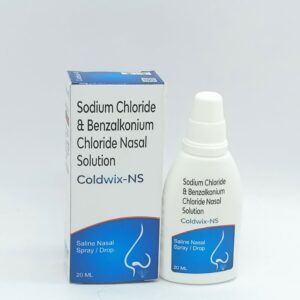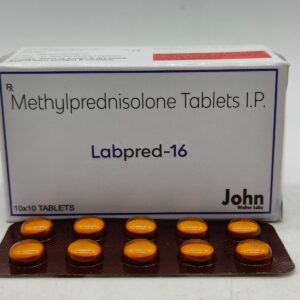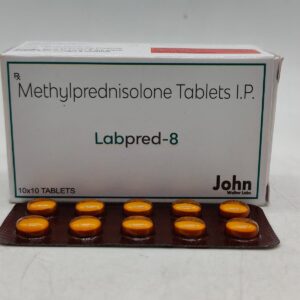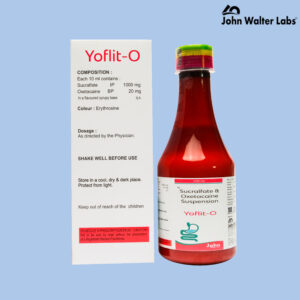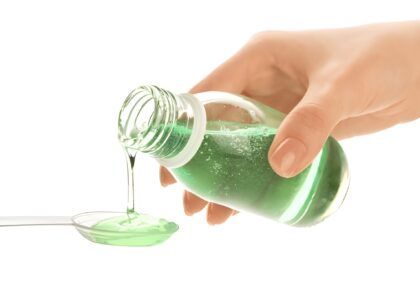A disturbing pattern of child deaths linked to contaminated cough syrups has forced India to confront a harsh reality — the safeguards meant to protect public health were not strong enough. The incident shook families, regulators, and the pharmaceutical industry alike. But it also triggered an important shift: India’s drug regulator is now working aggressively to plug regulatory gaps, strengthen testing systems, and rethink who gets to sell medicines in rural areas.
This moment may become a turning point in the country’s healthcare oversight.
When a Medicine Becomes a Threat
Cough syrups are among the most common household medicines. Parents trust them. Doctors recommend them. They’re widely available — sometimes too easily. But recent tragedies revealed a lethal flaw: some syrups contained toxic contaminants that should never be found in products meant for human consumption, especially for children.
The root of the problem pointed toward high-risk solvents like propylene glycol — an ingredient used to blend other components in liquid medicines. Though safe in its pharmaceutical-grade form, it can become dangerous when stored, sourced, or tested irresponsibly. If contaminated with chemicals like diethylene glycol (DEG) or ethylene glycol, even small doses can lead to kidney damage, neurological complications, or fatal poisoning.
A New Push for Ingredient Accountability
Recognizing the gravity of the situation, India’s drug regulator has proposed stricter oversight on solvents like propylene glycol. The idea is simple yet crucial: ensure that every drop of solvent used in a cough syrup is tested thoroughly, verified for purity, and traceable to a legitimate supplier.
But the discussion doesn’t end there. Experts are now advising the government on whether propylene glycol should continue to be used at all, especially in medicines intended for children. If safer alternatives exist, this could pave the way for a major reform in drug formulation standards.
Cracking Down on Unlicensed Rural Pharmacies
Another often-overlooked weak link lies in rural India, where unlicensed pharmacy shops operate due to limited healthcare access. For years, small village vendors have been allowed to sell certain medicines — including cough syrups — under relaxed rules meant to support remote communities.
However, recent events have shown the risks of allowing untrained sellers to stock and distribute medicines without regulatory oversight. The government is now re-evaluating this exemption, with a proposal to ban unlicensed shops from selling cough syrups altogether. If approved, this would shift rural medicine distribution toward licensed pharmacists who are better equipped to handle regulated products.
Strengthening India’s Health System From the Ground Up
The current policy overhaul is more than a response to tragedy — it reflects a maturing regulatory mindset. Transparent supply chains, mandatory quality testing, tighter manufacturing rules, and proper pharmacy licensing are foundational elements of a safe healthcare system.
These changes won’t undo the losses families have suffered, but they may prevent future harm. For a country that is one of the world’s largest medicine producers, restoring trust is critical.
India’s next steps in drug safety are not just regulatory updates — they are commitments to the well-being of every child, every family, and every community that relies on safe, effective medicine.


